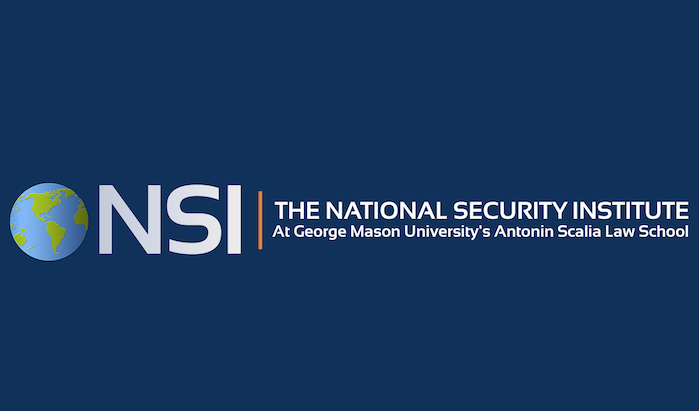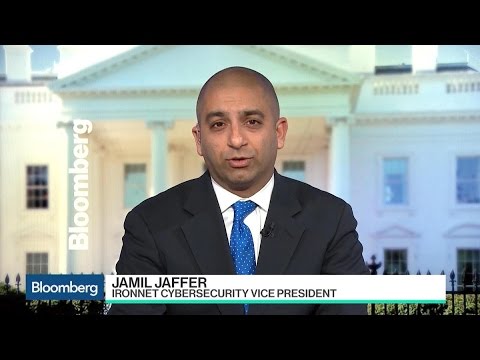Early this morning, President Donald Trump and Kim Jong Un concluded a much anticipated summit. Below, NSI experts consider how this summit and the agreement coming out of it will impact regional stability and U.S. foreign relations.
June 12, 2018
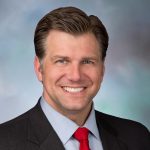 Andrew Borene – NSI Visiting Fellow; Former Associate Deputy General Counsel, U.S. Department of Defense
Andrew Borene – NSI Visiting Fellow; Former Associate Deputy General Counsel, U.S. Department of Defense
“Cautious optimism and a ‘trust but verify’ attitude are advised toward the Trump-Kim Summit as a whole.
A bona fide agreement to denuclearize the North Korean regime would be an excellent first step on the path to reducing the many dangers presented by a hostile, bellicose dictatorship. After the fanfare of this week in Singapore has subsided, the hard work will be in the follow-up next year, through access, verification and inspection processes in order to ensure that North Korea honestly follows through with any agreements.
At the same time that America and our allies should celebrate initial progress on nuclear and missile technology issues, none can afford to lose sight of the Kim family regime’s longstanding human rights abuses, flouting of international law through criminal cyber attacks, overseas assassinations, and the long-suffering it has sadly imposed upon innocent North Koreans under a brutally enforced family dictatorship.”

Jamie Fly – NSI Visiting Fellow; Former Foreign Policy Advisor to Senator Marco Rubio
“President Trump inherited a failed North Korea policy that across multiple administrations of both parties allowed North Korea to obtain nuclear weapons and develop missiles that put the United States within reach. Yet that does not relieve President Trump of his responsibility to ensure that the mistakes of the past with Pyongyang are not repeated. There appears to be little in the summit statement that has not been said before. In some cases, the pledges appear to be weaker than those made in the past. Unilateral U.S. concessions for more of the same from Kim Jong Un is not a change from the past, it is repeating the mistakes of the past. If American security interests are to be achieved in the long run, fundamental change will have to happen in North Korea. That is why an approach that celebrates the world’s most brutal dictator, an overseer of modern day gulags, is likely to end no differently than the failed negotiations tried by President Trump’s predecessors which left the United States and our allies less safe.”
 Matthew R. A. Heiman – NSI Visiting Fellow; Former Lawyer, National Security Division, U.S. Department of Justice and the Coalition Provisional Authority, Baghdad, Iraq
Matthew R. A. Heiman – NSI Visiting Fellow; Former Lawyer, National Security Division, U.S. Department of Justice and the Coalition Provisional Authority, Baghdad, Iraq
“The just concluded summit between the U.S. and North Korea did not deliver any substantive steps towards North Korean denuclearization. While a historic event, It should be considered a confidence building measure and not much more. The U.S. agreed to suspend military exercises with its treaty partner, South Korea, as a show of good faith. North Korea must make the next move, and going forward, the U.S. should insist that North Korea take the first step in further rounds of negotiation because North Korea has a long track record of matching U.S. gestures of good faith with duplicity. North Korea’s geopolitical credit score is 0. The only way North Korea can improve its standing is for it to do three things: agree in word and deed to complete, verifiable, and irreversible denuclearization; end its threatening behavior to the U.S. and its allies, as well as the weapons systems that support such threats; and address what may be the world’s worst human rights record. Businesses don’t extend credit to customers that fail to honor their commitments. The U.S. should treat North Korea the same way.”
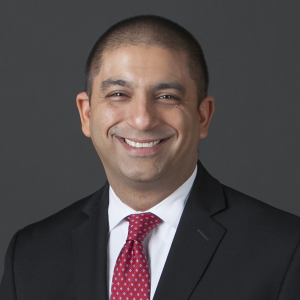 Jamil N. Jaffer – Founder, National Security Institute; Former Chief Counsel, U.S. Senate Foreign Relations Committee
Jamil N. Jaffer – Founder, National Security Institute; Former Chief Counsel, U.S. Senate Foreign Relations Committee
“While today’s U.S.-North Korea Summit began with high hopes, like many prior negotiations between our two nations, the Singapore summit ended with limited, if any, progress on the key issues at stake. North Korea once again committed—in theory—to denuclearization of the Korean Peninsula, a commitment it has made no less than three times over the past 25 years and one that it has broken over and over again. We cannot allow North Korea to continue to play a game of Lucy and Charlie Brown with the football with the United States, where we agree to concessions like freezing our legitimate military exercises with our ally, South Korea, while North Korea agrees to freeze its illegitimate nuclear activities, only to back off that and other commitments when it has gotten what it wants from the United States. While the President has successfully brought Kim Jong Un to the table, a unique opportunity for which he rightly deserves credit, we must now ensure that any agreement the United States makes going forward ensures the complete, verifiable, and irreversible denuclearization of the Korean Peninsula, halts North Korea’s illicit WMD proliferation and cyber activities directed at our nation and its allies, and addresses the atrocious human rights record of the Kim regime.”
Omario Kanji – NSI Visiting Fellow; Assistant Academic Director, Temple University
“Watching closest will be China because it stands to gain most from any positive outcomes of the Trump-Kim Summit. A liberalized economy at China’s doorstep can only help facilitate their economic and diplomatic maneuvers in the future. That said, China is an astute observer of the global order; erratic moves by both sides leading up to (and possibly after) the Trump-Kim Summit have only reinforced China’s free-rider status in this new chapter of relations in Asia.”
Andrew Keiser – NSI Visiting Fellow; Former Senior Advisor, U.S. House Permanent Select Committee on Intelligence
“While the language of today’s joint statement is encouraging, we know from decades and agreements past, that the promises of the murderous, dictatorial regime in Pyongyang are often hollow.
Past American Presidents’ conventional approach to dealing with North Korea always led us to the same place: deception and defiance by the North. President Trump’s unconventional approach has led to some real accomplishments thus far including unconditional release of three American hostages, halt of nuclear and missile testing and a pledge to work toward a denuclearized Korean peninsula
The historic summit in Singapore was an important step, but the real substance of the negotiation now begins, secure in Secretary of State Mike Pompeo’s able hands to hold the Kim regime’s feet to the fire. We have taken the first few steps in what would be a marathon effort to finally bring North Korea into the community of nations by a complete, verifiable and irreversible denuclearization – and that’s assuming North Korea’s continued compliance which history tells us is a very shaky assumption.
Nonetheless, the alternative was an escalating rhetoric that could lead down the path of military conflict, the potential consequences of which are almost unthinkable. No matter what your political stripes, each of us should be hopeful for making progress on the North Korea problem that has vexed the world for nearly 70 years.”

Dr. Andrea Limbago – NSI Visiting Fellow; Chief Social Scientist, Endgame
“By focusing less on diplomatic substance and more on diplomatic theater, the summit represents a missed opportunity. It is a return to the status quo that existed before the recent rhetoric as there are distinct similarities with previous agreements. However, in contrast to previous discussions, the details of denuclearization are now even more vague and ill-defined so it is unclear whether North Korea made any concessions at all. Based on previous behavior, North Korean promises – even vague ones – must be taken with a grain of salt. Whether this summit proves to be the anomaly as opposed to a continuation of decades of unfulfilled promises is yet to be seen. Importantly, while everyone is focused on the nuclear issue, North Korea continues to escalate cyberattacks uninhibited. As the repercussions of the summit evolve over the following months, it will be important to keep an eye on both North Korean nuclear and cyber behavior. Each are core components of North Korea’s interlinked strategy focused on regime survival, and have the potential to contribute greatly to international instability.”
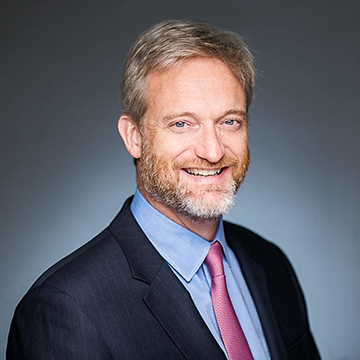 Lester Munson – NSI Visiting Fellow; Former Staff Director, Senate Committee on Foreign Relations
Lester Munson – NSI Visiting Fellow; Former Staff Director, Senate Committee on Foreign Relations
“President Trump is to be commended for his diplomatic outreach to North Korea. It should be matched by tough measures from Congress: a new suite of sanctions on Pyongyang and Beijing ready to move in the event – perhaps the likely event – that Kim Jong Un’s promises prove empty. Congress should also clearly state its staunch support for human rights in North Korea and remind the South Korean people that America stands shoulder-to-shoulder with them against North Korean hostility.
The administration has much work to do. While seeking the toughest deal possible with North Korea, President Trump’s team must ensure that our allies Japan and South Korea work in concert with our efforts. It would be calamitous if our opening to North Korea were interpreted by Seoul or Tokyo as a softening of American resolve.
Ultimately, the success of this effort depends on Chinese cooperation. China’s support of Kim Jong Un is what enables his regime’s nuclear program, its hostile acts against its neighbors, and its massive human rights abuses against the North Korean people themselves. President Trump must bolster his tough line on China.”
Bryan Smith – NSI Visiting Fellow; Vice President & Technical Advisor, Beacon Global Strategies
“The Little Rocket Man and the Deranged Dotard actually held a hastily-arranged summit without a blow-up. It was a good day for the U.S., a good day for Asia, and a great day for Kim and North Korea. The U.S. came away with a somewhat vague North Korean commitment to complete denuclearization, while holding firm on sanctions. And in the span of a mere photo session, a callow, cruel, isolated tyrant (with a bad haircut) was transformed into a legitimate international figure, whom the leader of the earth’s sole Superpower was “honored” to meet. On top of that, the U.S. took its first major step towards military disengagement from the Korean Peninsula – it will halt exercises, which though thoroughly defensive, the President termed “provocative”. After all, if U.S.-ROK exercises are provocative, why are not 35,000 permanently stationed US troops incendiary?
Even so, yesterday produced at least a real chance for a peaceful end to the Seventy Year War. What made yesterday possible, and why might now be different from 1994, 2002, 2012? A unique brew of demonstrated strength (on both sides) and unquestionable vulnerability on Kim’s part. Kim led his country’s shockingly rapid demonstration of an ICBM that could threaten the entire United States. In response, the “America-first” Trump, unlike every other President, surely came to the terrible, but inescapable, conclusion that the war risk of tens (or even hundreds of thousands) of South Korean civilian dead was preferable to the risk of tens of million civilian dead in the US. And just as likely, his team had clearly communicated that grim calculus to Kim, as well as America’s ability to deliver on it. Kim faced this prospect in a window of vulnerability before his ICBM could be fully tested and weaponized. Add to all that, the bite of unprecedentedly-strong sanctions, the allure of capital infusion, and Trump’s willingness to tear up the Iran nuclear deal, foreclosing the prospect of a weak agreement for Kim.”
 Dan Wagner – NSI Visiting Fellow; Legislative Liaison, U.S. Special Operations Command
Dan Wagner – NSI Visiting Fellow; Legislative Liaison, U.S. Special Operations Command
“The intelligence value from engaging with North Korea is worth the United States Government’s efforts. Having limited intelligence on North Korea, it will take engagement to begin to develop a decent intelligence picture. Building out a human intelligence (HUMINT) network takes time, numerous engagements and a series of sticks and carrots. High level political engagement is often an impetus for intelligence gathering through contact reports and incidental collection. A HUMINT network foothold has potential to lead to other intelligence inroads and these high level engagements are necessary since we are technically still at war with North Korea (Armistice).
This summit engagement will be the first in a series of high level engagements that may take time and will encounter progress and setbacks along the way. At the end of the day, the intelligence to be gained from more open dialogue is a tremendous benefit as the U.S. develops a roadmap towards Complete, Verifiable, and Irreversible Disarmament (CVID) of North Korea nuclear weapons. “

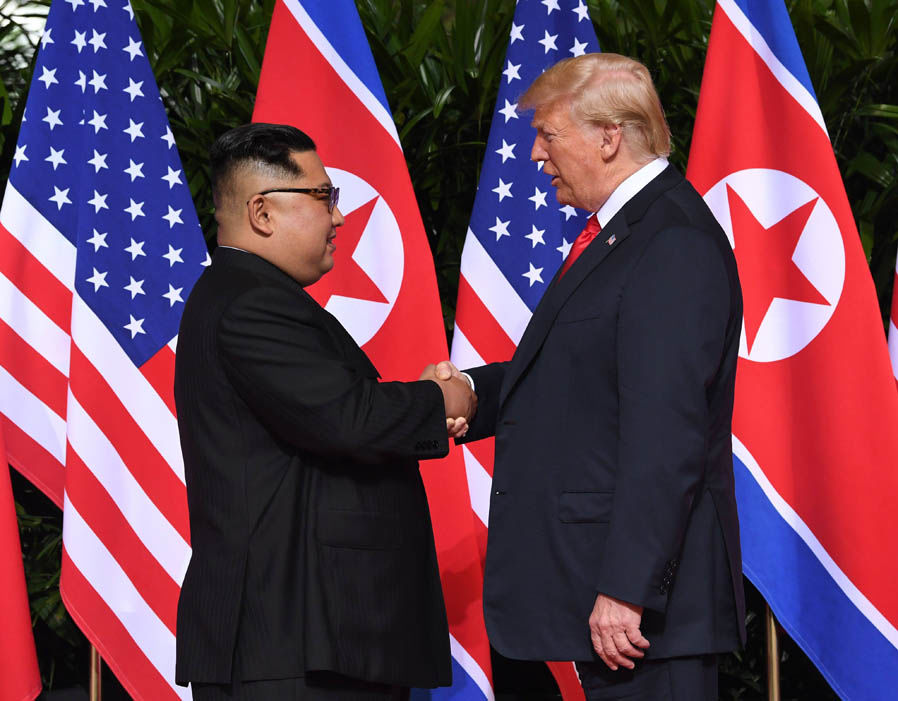
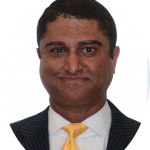
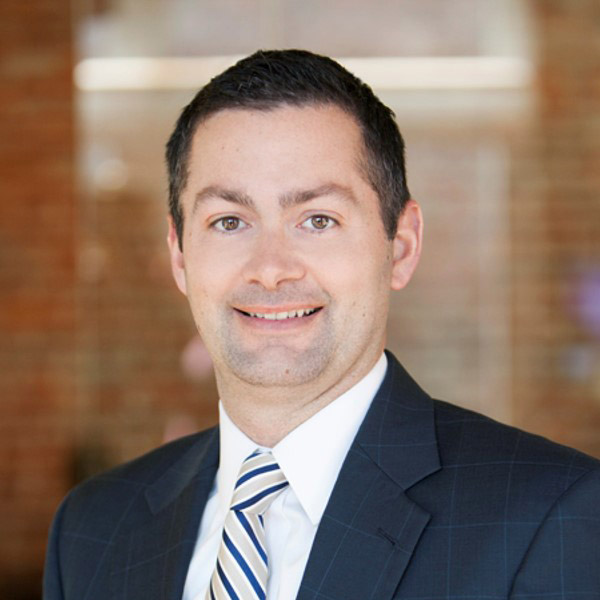
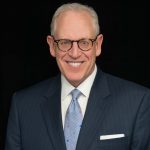
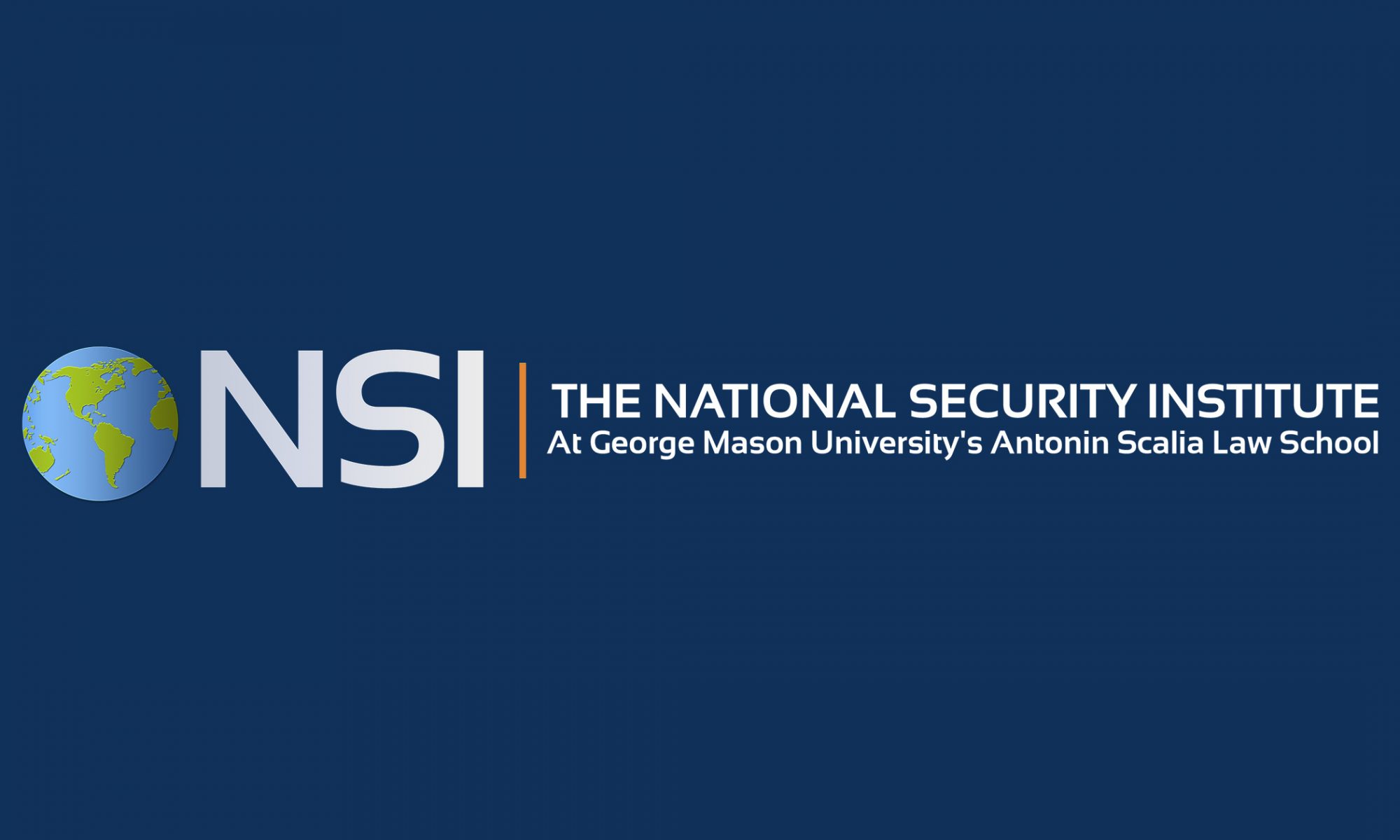
 March 1, 2018
March 1, 2018
